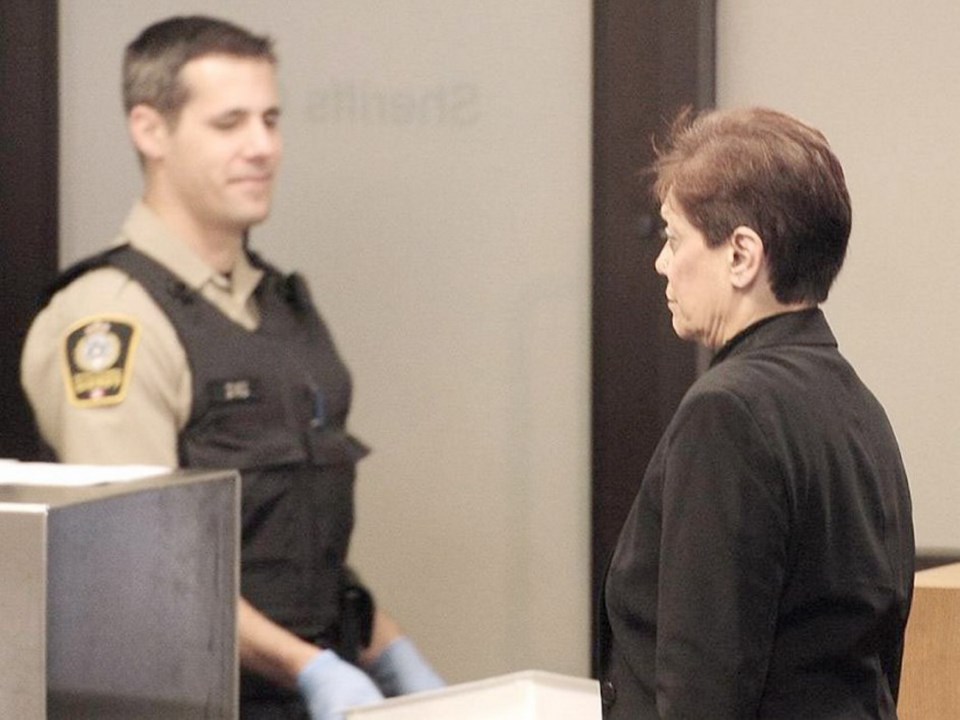One of the victims of a massive Ponzi scheme who had his lawsuit against his bookkeeper dismissed has won a mistrial after new evidence surfaced in the case.
Dr. Eric Manning, a radiologist, invested more than $12 million in the Ponzi scheme run by former Vancouver notary public Rashida Samji. At the time the scheme collapsed in 2012, he had suffered losses of $8.1 million.
He pursued a variety of avenues to recover his losses, including through Samji’s bankruptcy proceedings and participation in a class-action lawsuit, and managed to reduce those losses to about $4.8 million.
Manning and his wholly owned corporations also alleged in a lawsuit filed in B.C. Supreme Court that in December 2008 or January 2009, Samji started to pay Naguib Dhalla, a chartered professional accountant who became Manning’s bookkeeper, a commission on the investments Manning made in the scheme.
At the trial, Samji, who was sentenced to six years in jail for fraud in connection with the $110-million scheme that operated between 2003 and 2012, testified that she had paid Dhalla commissions.
But Dhalla, who has no prior criminal record, denied that he had been paid any commissions for Manning’s investments and in December last year, B.C. Supreme Court Justice Ward Branch found that the plaintiffs had failed to establish that a commission in fact was paid to the bookkeeper and dismissed the lawsuit.
Two weeks after the judge’s ruling, the plaintiff’s lawyers were provided with new documents by lawyers in the class-action suit, including a spreadsheet and a fax letter containing calculations and accounting of amounts payable to Dhalla from Samji, whose scheme victimized up to 200 investors.
As the judge’s order flowing from the ruling had not yet been entered, Manning’s lawyers went back to court and sought a mistrial.
In a ruling posted online Wednesday, Branch said a mistrial was the only appropriate remedy in the circumstances.
“Based on the evidence before me, the plaintiffs appear to have found a smoking gun. The only way to avoid a miscarriage of justice is through a new trial with the evidentiary gun in evidence.”
The judge said that, on the face of it, the new documents seem to squarely contradict Dhalla’s trial testimony, with notations and calculations of credits flowing to Dhalla that conform to dates of investments made by the plaintiffs, and the plaintiffs’ names also noted on certain entries.
“Furthermore, there appear to be substantial annual bonuses paid to the defendant, as well as the percentage commissions,” said the judge.
Dhalla’s lawyers argued that a mistrial was not the appropriate remedy to deal with the new evidence, but the judge concluded the documents are “highly probative” concerning key issues decided by the court.



